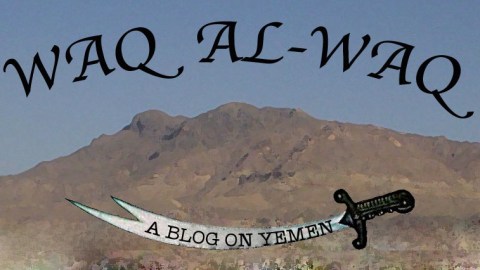The Other Side of Yemen: A Must Read (Updated)

In the spring of 2000, when I first started studying Yemen as an undergraduate during a semester abroad at the American University of Cairo, I found myself seduced by Yemen’s deep history and rich theology. Later, when I was finally able to spend a significant amount of time in the country as a Fulbright Fellow I was struck by the generosity and warmth of so many of the Yemenis I came into contact with. As Tim Mackintosh-Smith has written: they are a mixture of “earth and polish.”
From conversations with other academics, I know that my experience is not unique. Few of us decided to study Yemen because of terrorism or al-Qaeda. It was Yemen’s other, richer side that attracted us.
Some of us – myself included – have been drawn into studying al-Qaeda in Yemen out of frustration with what we perceived to be ill-informed commentary about a country we loved and mistakes of US policy and as engaged citizens with a particular set of skills we felt we had the duty to speak out.
But often I have worried about the results of this study – by spending so much time focused on al-Qaeda my work can sometimes give the impression that Yemen is little more than an al-Qaeda breeding ground. This is not true. Yemen is much, much more than al-Qaeda.
As someone who considers himself a historian by training, I would be happier studying tribal genealogies in Yemen than al-Qaeda. Intellectually, AQAP doesn’t present much of a challenge – its theology is shallow and unimpressive. Its tactics brutal and often draconian, which is why it is all the more frustrating that the US and Yemen are struggling to defeat them.
But while I have worried about being able to show the other, brighter side of Yemen to a western public, others have actually done something about it. Case and point is Michelle Shephard, the national security reporter for the Toronto Star and a favorite of this blog because of her dedication to getting complicated stories correct.
Among people who study Yemen – including Yemenis themselves – Michelle is universally respected across the political spectrum for her fine reporting on the country. And despite spending so much time on national security and terrorism she is also smart enough to know that the country cannot be reduced to the simple equation: Yemen = al-Qaeda.
I give this series my highest recommendation. If you care about Yemen or are just struggling to understand this country you should spend some time navigating this series of special reports.
Update:And here is the center article around which the entire series revolves. Read it.





